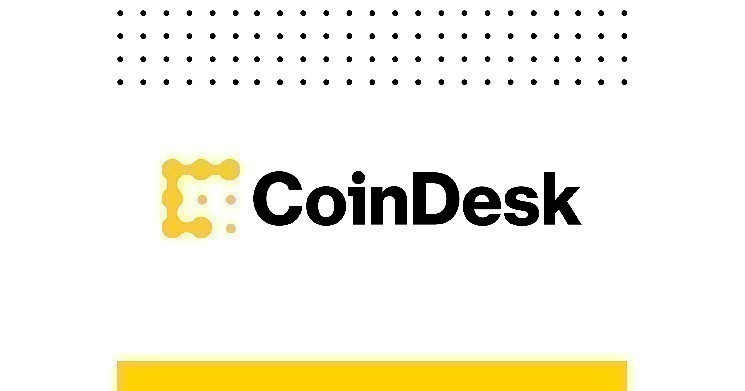Research Firm Says Galaxy Digital's Edge Is AI Data Centers, Not Bitcoin Mining

When Mike Novogratz, CEO of Galaxy Digital (GLXY), acquired the Argos Helios data center in late 2022, in the midst of the post-FTX crypto slump, the company believed it was rescuing a desperate Bitcoin (BTC) miner that was on the brink of bankruptcy.
However, this was before ChatGPT became popular. Novogratz and his team had no idea that the data center would become a strategic asset as the growing artificial intelligence (AI) industry demands more and more data center space due to the explosion of large language models (LLMs).
As Rittenhouse Research experts point out in a recent report, Galaxy’s lucky find, which prompted the company to abandon BTC mining entirely, could now become the most profitable direction in the cryptocurrency space. They argue that the infrastructure used to mine digital gold is better suited to processing AI algorithms, and companies that switch from BTC mining to AI infrastructure will be the next growth leaders.
Rittenhouse Research recommends Galaxy Digital shares $GLXY $BRPHF
We believe the flagship Galaxy Helios data center could generate $1.7 billion in EBITDA and $32 billion in shareholder value in the near term, with significant potential for further growth.
Our full report is available in PDF format here: https://t.co/mZ3JwW1CYD pic.twitter.com/4jNHn10oYV
— Rittenhouse Research (@RHouseResearch) May 15, 2025
Rittenhouse analysts argue that AI data centers represent a significantly more profitable business model compared to BTC mining, as they generate stable long-term cash flows with minimal ongoing capital expenditures, which is in stark contrast to the volatility and capital intensity of Bitcoin mining.
BTC mining revenues initially decline by about 50% every four years due to scheduled halvings. Essentially, the miner's job is to remain long-term optimistic about the price of BTC and to be able to allow semiconductor factories and developers to create chips that are consistently more efficient, while for the investor there are many variables.
In contrast, AI data centers like Galaxy's Helios generate stable, highly profitable revenue through long-term leases with triple net returns for hyperscaler (large cloud provider) tenants, without the need for ongoing investment in mining hardware.
“Galaxy stumbled upon Helios by luck,” Rittenhouse analysts wrote in their report. While competitors like Riot Platforms and Cipher Mining have publicly tried to “rewrite history” by implying that their businesses were always more diverse than just BTC mining, the experts argue that “in reality, these miners had no intention of doing anything other than mining BTC until ChatGPT came along.”
A broader shift in the industry?
Galaxy's move reflects a larger trend: BTC miners are looking to switch to AI and cloud technologies.
However, analysts point to Galaxy's significant advantage, driven by its strong balance sheet ($1.8 billion in net cash and investments), successful execution history and reputation built through CoreWeave leasing.
While some have raised concerns about CoreWeave's creditworthiness, causing Galaxy shares to trade at a significant discount, Rittenhouse analysts believe those concerns are greatly overblown, highlighting CoreWeave's exceptional earnings stability thanks to long-term contracts that make up 96% of its revenue and its significant institutional backing.
Analysts point out that CoreWeave's debt is carefully structured with deferred-payment loans that are used exclusively to finance infrastructure directly tied to secured customer agreements, significantly reducing the risk of default.
Rittenhouse also notes that Galaxy has completely switched to AI and now has nothing to do with mining.
“Galaxy has completely shut down its Bitcoin mining operations to focus solely on its AI-powered data center ambitions, which is a positive signal for potential hyperscaler tenants,” the analysts wrote.
As Rittenhouse mentions, Cipher Mining CEO Tyler Page recently acknowledged the challenges miners face when working with large AI clients.
“We can’t help but notice that when we’re negotiating with a counterparty that has a market cap of $1 trillion… One of the downsides for bitcoin miners is that large counterparties say, ‘Wow, this is a big commitment for you guys to support this important investment for us,’” Page said on the company’s Q1 2025 press conference.
Galaxy doesn’t have that problem. With this Helios deal and Novogratz’s company exiting mining entirely, Galaxy’s fortuitous pivot could prove to be one of the best strategic moves in crypto in years — if Rittenhouse’s thesis holds up.
Source: cryptonews.net



